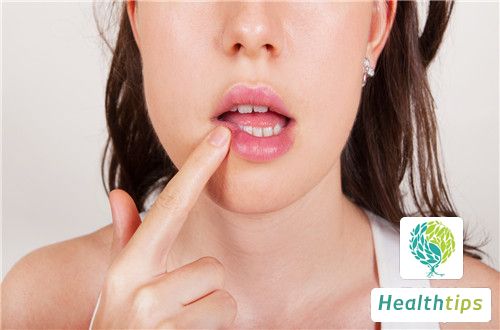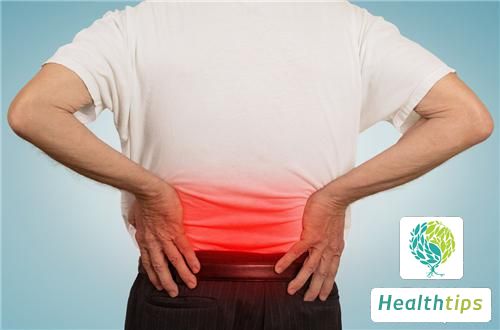Why Do I Feel More Tired After More Exercise?
With increasing attention to health, more and more people are striving to establish regular schedules and engage in regular exercise, which is beneficial for overall well-being. However, due to some incorrect practices, some individuals fall into exercise pitfalls, resulting in feelings of exhaustion during workouts. The primary reasons for feeling increasingly tired after exercising are excessive exercise duration or intensity.

1. Excessive Exercise Duration: No matter what activity is being performed, it needs to be done according to certain standards, with attention paid to appropriate scales. During exercise, the body produces a certain amount of lactic acid. If the exercise duration is too long, lactic acid accumulates in the body, leading to muscle fatigue and soreness, resulting in feelings of exhaustion the next day.
2. Excessive Exercise Intensity: There are various types of exercise, ranging from intense to gentle. Different individuals should choose exercises that suit their condition. For instance, women during menstruation should opt for gentle exercises as intense workouts can affect menstrual flow. Elderly individuals with frail health can engage in low-intensity activities like walking or Tai Chi to maintain a steady heart rate. Exercise intensity can be estimated based on heart rate. A low heart rate indicates insufficient exercise, while exceeding the maximum heart rate suggests excessive intensity. For the elderly, the target heart rate during aerobic exercise should be equal to 170 minus their age.
1. Sweating is the Only Indicator of Effective Exercise: The amount of exercise cannot be judged solely based on whether or not one sweats. Sweat glands vary among individuals, with some being more active and others more conservative. These differences are often innate and uncontrollable, so sweating is not a reliable indicator of exercise effectiveness.
2. Muscle Pain Indicates Good Exercise Results: Muscle pain after exercise suggests excessive exertion or improper training methods. If the exercise speed is too fast, aerobic metabolism cannot keep up, leading to anaerobic metabolism, which increases lactic acid levels in the muscles. Over time, this can lead to more pronounced muscle pain as the muscle nerve endings become irritated.
3. Sports Drinks Promote Muscle Growth: Regular water contains the nutrients necessary for the human body. While individuals who exercise for more than 90 minutes a day may benefit from supplemental salt water to replenish minerals lost through sweat, these drinks do not promote muscle growth. It is important not to be misled by advertising.



















